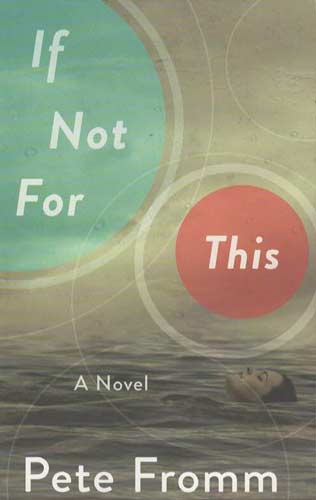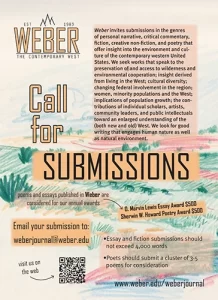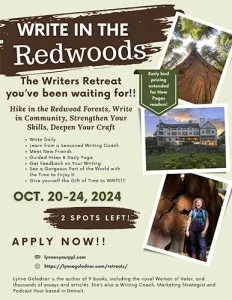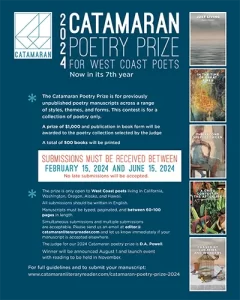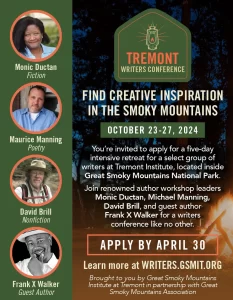If Not For This
Pete Fromm’s If Not For This was the most moving novel I read in 2014. The main characters are raft guides in the interior west. Fromm worked for many years as a river ranger in Grand Teton National Park. I chose the book based on those two kernels of information. I left the west three years ago. Before beginning my drive east in earnest, I spent a few days camping in the Tetons. Pete Fromm’s If Not For This was the most moving novel I read in 2014. The main characters are raft guides in the interior west. Fromm worked for many years as a river ranger in Grand Teton National Park. I chose the book based on those two kernels of information. I left the west three years ago. Before beginning my drive east in earnest, I spent a few days camping in the Tetons. A friend drove up from Logan, Utah to make an attempt on the Grand. We found ourselves at the lower saddle, at 11,600 feet, waiting in dense freezing fog. With his beard iced through, and no sign of the fog lifting, I accepted the failure. We were drinking beer in Jackson by mid-afternoon. I’ve been out here ever since, fifteen minutes from the Atlantic, dreaming myself back to the Tetons. I wanted to chew on my nostalgia. With If Not For This, Fromm spins a love story volumes more mature, and engaging than mine for the west.
Twenty of the twenty-one short chapters in this novel are in the voice of Maddy. In Wyoming, she meets Dalton at a party on the Snake River. Young river guides, cheap beer, Dave Mathews Band on the stereo—it’s that sort of party. Maddy is seeing someone else, and Dalt is too young, but she falls for him anyway. By page thirty they get married in a ceremony on the banks of the Buffalo Fork. Immediately after, the newlywed river guides jump in a raft:
Dalton pushes off, and when we begin to just drift, neither of us at the oars, I think how much like marriage this is. Wondering who is steering, how we’re ever going to get around all those wicked-ass snags, what’s going to keep us from beaching on those long, gray, dry gravel bars.
It’s sentimental, but Fromm has created such a compelling narrator in Maddy that he avoids creating an overly heart-gushing romance. I’ve never read a book with a narrator quite like Maddy, and I’m glad I got to know her.
Fromm packs a lifetime of movement into a small space, and chapter breaks often jump years into the future, but he grounds readers after every leap. Maddy and Dalton feel like the luckiest couple in the world, even calling themselves “the luckies.” Fromm includes their wonder alongside their struggles. Priced out of a home they love in Wyoming, the couple founds their own river guiding company based in Ashland, Oregon. Maddy and Dalton decide to start a family, and a wall tent is no place for a baby, though they consider similar alternatives. They bravely begin the adventure of starting a business in a new state.
Just as their guiding business begins to flourish, Maddy is diagnosed with multiple sclerosis. She discovers she is pregnant with her first child. The magic of If Not For This is in witnessing the couple negotiate this huge snag. Fromm devises a singular language for rendering their romance, transforming Maddy’s favorite phrase, “you’re an ass,” into an affectionate refrain. The couple’s dialogue demonstrates an intimacy only seen in long-together couples, those bafflingly still in white-hot love after decades of trials. I enjoyed hearing the couple talk. Theirs were some of the best conversations I’ve overheard in a long time.
Fromm tightly controls Maddy’s voice. The emotional and cognitive tone of the language changes as the MS progresses. She struggles to form words, to recall certain memories. Her physical mobility decreases and she becomes reliant on a wheelchair. Even as her life becomes increasingly confined to the house, she continues to make sense of the world through the language of rivers. Playing a word game to help gauge her power of memory, Dalton asks her to name ten animals. She struggles to complete the list:
[. . .] I can’t remember the word I just said. A fish, I know, and suddenly I’m off on fish, all the ones we used to chase. I see their spots aglow, their ruddy gill plates, [. . .] even the tiny flies they came up to, how one hooked into the very tip of a jaw could so alter their lives. But their names, every one, dance away on their currents.
He waits patiently for her response. It never comes as fully as she’d like. In the final chapters, her struggles with MS and her reliance on Dalton both increase. In the voice of someone whose mind is fighting itself, Fromm convincingly advances the storyline, even as her degeneration remains apparent. The writing here is a real accomplishment. I eagerly rifled through the last chapters.
I had wanted to return to the Tetons badly, but Fromm moved Maddy and Dalt’s romance to Oregon. I became deeply engrossed in their story. I would have followed them anywhere. My Teton nostalgia all but fell away, and I didn’t expect a return to Wyoming. But Maddy and Dalton return to the Buffalo Fork in the final chapter. I was five sentences in before I started crying. I bawled my way through the whole damn thing.

